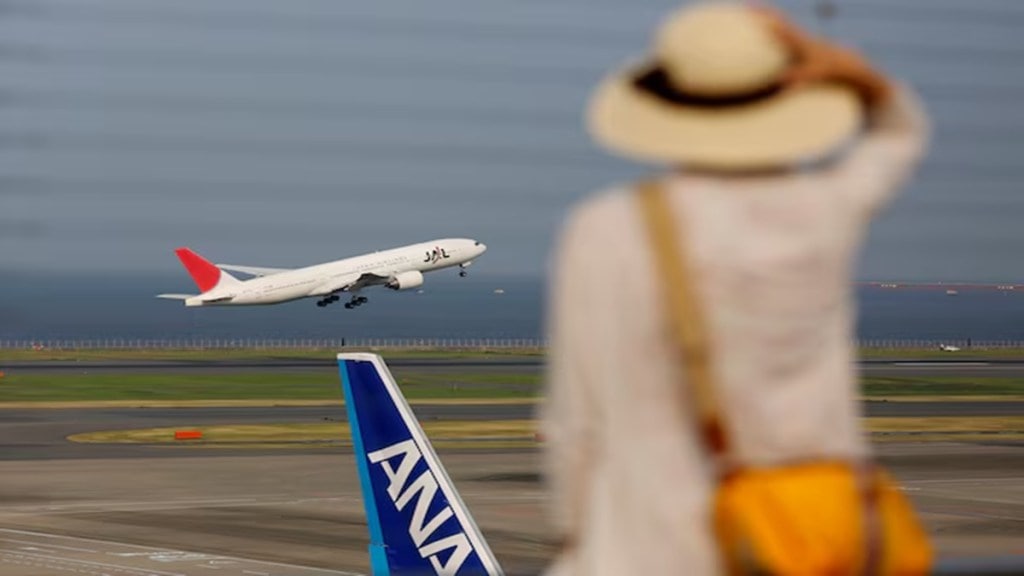Industries such as IT services, BFSI (banking, financial services, and insurance), engineering, aviation, oil and gas, pharmaceuticals, diversified sectors, metals, FMCG (fast-moving consumer goods) and automotive are the primary drivers of corporate travel in India, contributing 86% of the total travel spend among the top 100 companies, according to a Deloitte India report released on Tuesday.
The report also projected that India’s corporate travel sector will reach $20.8 billion by FY30, up from the current $10.6 billion. The overall travel market in India is expected to grow to $97 billion, with a compound annual growth rate (CAGR) of approximately 9%.
Airlines and hotels currently make up 70% of India’s $53-billion travel market, with the remaining share attributed to railways and other transportation modes, the report noted.
It further highlighted the corporate travel industry’s transition into a transformative phase, driven by hybrid work models and technological innovation. “Bleisure,” “workcations,” and “laptop luggers” are emerging as key trends among business travelers, it said.
“A lot of the growth has stemmed from how behaviour has changed after the pandemic. Work from home changed our approach towards corporate life and had a cascading impact on how people travelled. We now have a whole segment of business combined with leisure that did not exist before,” said Anand Ramanathan, partner and consumer industry leader, consulting, Deloitte India.
The report added that accommodation providers are increasingly adapting to these trends by offering tailored amenities and services, capitalising on new opportunities in the post-Covid business travel landscape.
It revealed that around 40% of domestic airlines’ revenue comes from coded fares, including corporate and SME fares. Approximately 25% of these bookings are made directly through corporate contracts, while the remaining 15% are handled by agents or OTAs booking for corporate and non-corporate clients or SMEs with access to SME fares.
This positions the domestic corporate air travel market as a $3.4-billion industry. Business and professional travel accounts for about 17% of Indian departures, with the international corporate air travel market valued at $2.2 billion. Nearly half of corporate travel spending is dedicated to air travel, the report said.
The report emphasised the pivotal role of travel management companies in guiding the corporate travel industry toward greater innovation, cost efficiency, and sustainability. These companies have revamped their strategies to meet the needs of new-age travellers, who need to engage deeper and faster using AI-powered chatbots, voice-assisted booking systems and real-time data analytics, the report said.
